Artificial Intelligence (AI) and Machine Learning (ML) are rapidly growing fields that offer exciting career opportunities and endless possibilities. If you’re interested in getting started in these fields, but not sure where to begin, this blog will provide you with some useful tips to help you take your first steps.
Table of Contents
Start with the basics:
When it comes to learning AI and machine learning, starting with the basics is crucial. Building a strong foundation in fundamental concepts and tools is essential to progress to more advanced topics. Here are some of the key basics you should focus on:
-
Programming Languages:
Python is the most widely used language in the field of machine learning due to its ease of use and readability. Other popular programming languages for AI and machine learning include R and Java.
-
Linear Algebra:
Linear algebra is an essential mathematical tool in machine learning. You should understand the basics of matrices, vectors, and linear equations.
-
Calculus:
Calculus is another important mathematical tool in machine learning. You should understand the basics of derivatives, integrals, and optimization.
-
Statistics:
Understanding probability and statistics is critical in machine learning. You should be familiar with the concepts of probability distributions, hypothesis testing, and statistical modeling.
-
Data Structures and Algorithms:
Understanding data structures and algorithms are essential for the efficient processing of data in machine learning. You should be familiar with concepts such as arrays, lists, trees, and graphs.
-
Data Manipulation:
You should be proficient in handling and manipulating data using tools such as pandas, numpy, and sci-kit-learn. These tools help you clean, preprocess, and transform data.
-
Machine Learning Concepts:
Understanding the fundamental concepts of machine learning is crucial. This includes supervised and unsupervised learning, model selection, hyperparameter tuning, and evaluation metrics.
There are many online resources available to help you learn the basics of AI and machine learning, such as online courses, textbooks, and tutorials. Some popular resources include Coursera, edX, and Kaggle. Additionally, practicing on real-world projects can help you gain hands-on experience and build your skills.
By starting with the basics and building a strong foundation, you can set yourself up for success in the field of AI and machine learning. With dedication, hard work, and a willingness to learn, you can gain the skills you need to become an expert in this exciting field.
Practice with small projects :

Practicing with small projects is an effective way to gain hands-on experience in AI & machine learning. These projects allow you to apply the knowledge you have gained and build your skills in a real-world context. Here are some tips to help you get started with small AI and machine-learning projects:
-
Choose a Project:
Decide what kind of project interests you. This could be anything from building a chatbot to predicting stock prices. Choose a project that challenges you and allows you to explore different aspects of AI & machine learning.
-
Define the Problem:
Define the problem you are trying to solve and the data you will use to train your model. Make sure the problem is well-defined and the data is relevant and sufficient.
-
Preprocess the Data:
Preprocess the data to prepare it for training. This could include cleaning the data, removing outliers, and handling missing values.
-
Select a Model:
Choose a model that is appropriate for the problem you are trying to solve. This could be a regression model for predicting continuous values or a classification model for predicting discrete values.
-
Train the Model:
Train the model using the training data. Experiment with different algorithms and parameters to find the best model for your problem.
-
Evaluate the Model:
Evaluate the performance of the model in the testing data. Use evaluation metrics such as accuracy, precision, recall, and F1 score to measure the performance of the model.
-
Improve the Model:
If the performance of the model is not satisfactory, consider refining the data or trying a different model. Iterate on the model until you achieve the desired level of performance.
Some popular small projects in AI and machine learning include:
- Sentiment Analysis for Product Reviews
- Predicting Housing Prices
- Image Classification
- Customer Segmentation
- Anomaly Detection
Online resources such as Kaggle and GitHub provide a wealth of datasets and code examples to help you get started with small AI & machine learning projects. You can also join online communities and forums to collaborate with other enthusiasts and get feedback on your projects.
By practicing with small projects, you can gain valuable experience and build your skills in AI and machine learning. These projects can also be a great addition to your portfolio and help you stand out in the job market.
join online communities:

Joining online communities is a great way to connect with other enthusiasts in AI and machine learning. These communities provide a wealth of resources, support, and opportunities for collaboration. Here are some benefits of joining online communities in AI and machine learning:
Access Resources:
Online communities provide access to a wide range of resources, including tutorials, code examples, datasets, and research papers. These resources can help you learn new skills, stay up-to-date with the latest trends, and solve challenging problems.
Networking:
Joining an online community allows you to connect with other enthusiasts in AI & machine learning. You can exchange ideas, collaborate on projects, and learn from others in the field.
Feedback and Support:
The online community provides a platform for getting feedback and support on your projects. You can post your work and receive constructive criticism, suggestions, and advice from others in the community.
Job Opportunities:
Online communities can be a great source of job opportunities. Many communities have job boards and networking events that can help you find a job in the field of AI & machine learning.
Here are some of the most popular online communities in AI and machine learning:
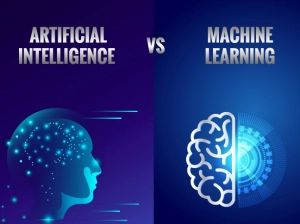
Kaggle:
Kaggle is a platform for data science competitions and projects. It provides access to datasets, code examples, and a community of data scientists.
GitHub:
GitHub is a code hosting platform that provides access to open-source projects and code examples in AI & machine learning.
Reddit:
Reddit has a number of subreddits related to AI and machine learning, such as r/MachineLearning, r/ArtificialIntelligence, and r/DataScience. These communities provide a forum for discussing ideas, sharing resources, and getting feedback.
Stack Overflow:
A popular platform for question & answer discussions among programmers. It has a dedicated section for questions related to AI & machine learning.
LinkedIn Groups:
LinkedIn has a number of groups dedicated to AI and machine learning. These groups provide a platform for networking, job opportunities, and learning from other professionals in the field.
By joining online communities in AI and machine learning, you can gain valuable resources, networking opportunities, and support to help you build your skills and succeed in this exciting field.
Attend workshops and conferences:

Attending workshops and conferences is an excellent way to stay up-to-date with the latest trends and advancements in AI & machine learning. These events provide a platform for learning from industry experts, networking with peers, and gaining hands-on experience through practical sessions. Here are some of the benefits of attending workshops and conferences on AI and machine learning:
Knowledge and Skills:
Workshops and conferences provide access to expert knowledge and skills. You can attend talks, presentations, and workshops to learn about new algorithms, models, and tools. You can also gain practical experience by participating in hands-on sessions.
Networking:
Workshops and conferences provide a platform for networking with peers, experts, and potential employers. You can meet new people, exchange ideas, and collaborate on projects.
Career Development:
Workshops and conferences can help you develop your career in AI and machine learning. You can learn about new job opportunities, gain insights into the hiring process, and improve your skills to make yourself more marketable.
Industry Insights:
Workshops and conferences provide a platform for gaining insights into the industry. Learn about the latest trends, challenges, and opportunities in AI and machine learning. You can also gain insights into the industry’s future direction.
Here are some popular workshops and conferences on AI and machine learning:
NEURIPS:
NeurIPS is one of the largest conferences in AI and machine learning. It features talks, presentations, workshops, and tutorials on a wide range of topics in the field.
ICML:
ICML is another leading conference in AI and machine learning. It features talks, presentations, and workshops on topics such as deep learning, reinforcement learning, and natural language processing.
AAAI:
AAAI is a conference focused on artificial intelligence and its applications. It features talks, presentations, and workshops on topics such as intelligent systems, robotics, and machine learning.
TensorFlow Dev Summit:
TensorFlow Dev Summit is a conference focused on the TensorFlow framework for machine learning. It features talks, workshops, and tutorials on using TensorFlow for various applications.
By attending workshops and conferences in AI and machine learning, you can gain valuable knowledge, skills, and insights into the industry. These events can also be a great opportunity to network with peers, experts, and potential employers to help you advance your career in this exciting field.
Building a portfolio:

Building a portfolio is an essential step in getting started in AI and machine learning. The portfolio demonstrates your skills, experience, and creativity to potential employers and clients. Here are some tips for building a portfolio in AI and machine learning:
-
Choose a Focus:
Decide on specific areas of AI and machine learning that interest you, such as computer vision, natural language processing, or predictive analytics. This will help you focus your efforts and build a more targeted portfolio.
-
Find Data:
Look for publicly available datasets to work on. Kaggle, UCI Machine Learning Repository, and other online sources offer a wide range of datasets that you can use for your projects.
-
Choose Projects:
Select projects that showcase your skills and abilities in AI and machine learning. Choose projects that are interesting, challenging, and relevant to the area you have chosen to focus on.
-
Document Your Work:
Document your work in a clear and concise manner. Include project descriptions, data sources, and model architecture. Use visualizations to explain your models and results.
-
Share Your Work:
Share your portfolio on your website, GitHub, or other online platforms. You can also present your portfolio in interviews or use it to apply for freelance or contract work.
Here are some project ideas to consider for your portfolio:
-
Image Classification:
Build a model that can classify images into different categories, such as cats vs. dogs, or flowers vs. cars.
-
Sentiment Analysis:
Build a model that can analyze the sentiment of text, such as positive, negative, or neutral.
-
Recommendation System:
Build a recommendation system that can recommend products, movies, or other items to users based on their preferences.
-
Predictive Analytics:
Build a model that can predict future trends or outcomes based on historical data.
By building a portfolio of AI and machine learning, you can demonstrate your skills and experience to potential employers and clients. It also provides an opportunity to showcase your creativity and problem-solving abilities.
keep learning :
In AI & machine learning, there is always something new to learn, and it’s essential to keep up with the latest developments and techniques. Here are some tips for staying up-to-date with AI and machine learning:
Read Papers and Blogs:
Read research papers and blogs on AI and machine learning to stay current with the latest advancements in the field. This will help you stay up-to-date with the latest algorithms, models, and tools.
Take Online Courses:
Online courses provide an excellent way to learn new skills and techniques in AI and machine learning. Websites like Coursera, edX, and Udacity offer a wide range of courses that cover various aspects of AI and machine learning.
Participate in Hackathons:
Hackathons are an excellent way to gain hands-on experience with AI and machine learning. These events bring together experts and enthusiasts to collaborate on projects and solve real-world problems.
Join Meetup Groups:
Meetup groups provide a platform for learning and networking with peers and experts. You can attend events, workshops, and talks to learn about the latest trends and techniques in AI and machine learning.
Collaborate on Projects:
Collaborating on projects with other experts and enthusiasts is an excellent way to learn new skills and techniques in AI and machine learning. It also provides an opportunity to work on real-world problems and gain practical experience.
Follow Industry Experts:
Follow experts and thought leaders in the field on social media platforms like Twitter and LinkedIn. This will keep you updated with the latest trends and advancements in AI and machine learning.
Working on Personal Projects:
Working on personal projects is an excellent way to learn new skills and techniques in AI and machine learning. It provides an opportunity to experiment with new algorithms, models, and tools and gain practical experience.
for more AI & Machine learning-related queries, enroll in our advanced digital marketing course which provides a 6 month duration with a 2-month internship. We provide the best digital marketing development training to students and professionals in the IT field.
Conclusion:
AI & machine learning are rapidly growing fields that offer immense opportunities for those willing to learn and explore. With the right mindset, tools, and resources, anyone can get started in AI & machine learning. The key is to start with the basics, gain practical experience through personal projects, collaborate with others, and continuously learn and stay up-to-date with the latest advancements and techniques.
AI and machine learning have the potential to transform various industries and solve real-world problems. As a result, there is a high demand for skilled professionals in these fields. By building a portfolio, joining online communities, attending workshops and conferences, and continuously learning, you can prepare yourself for a successful career in AI and machine learning.
While there is no one-size-fits-all approach to getting started in AI and machine learning, the tips and strategies discussed in this blog provide a good starting point for anyone looking to explore these exciting fields. Whether you are a student, a professional, or an enthusiast, there is always something new to learn in AI and machine learning, and the rewards of this journey can be truly transformational.
Learner of Digiskillz.Digital marketing Institute in kochi
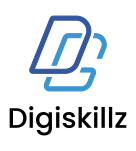

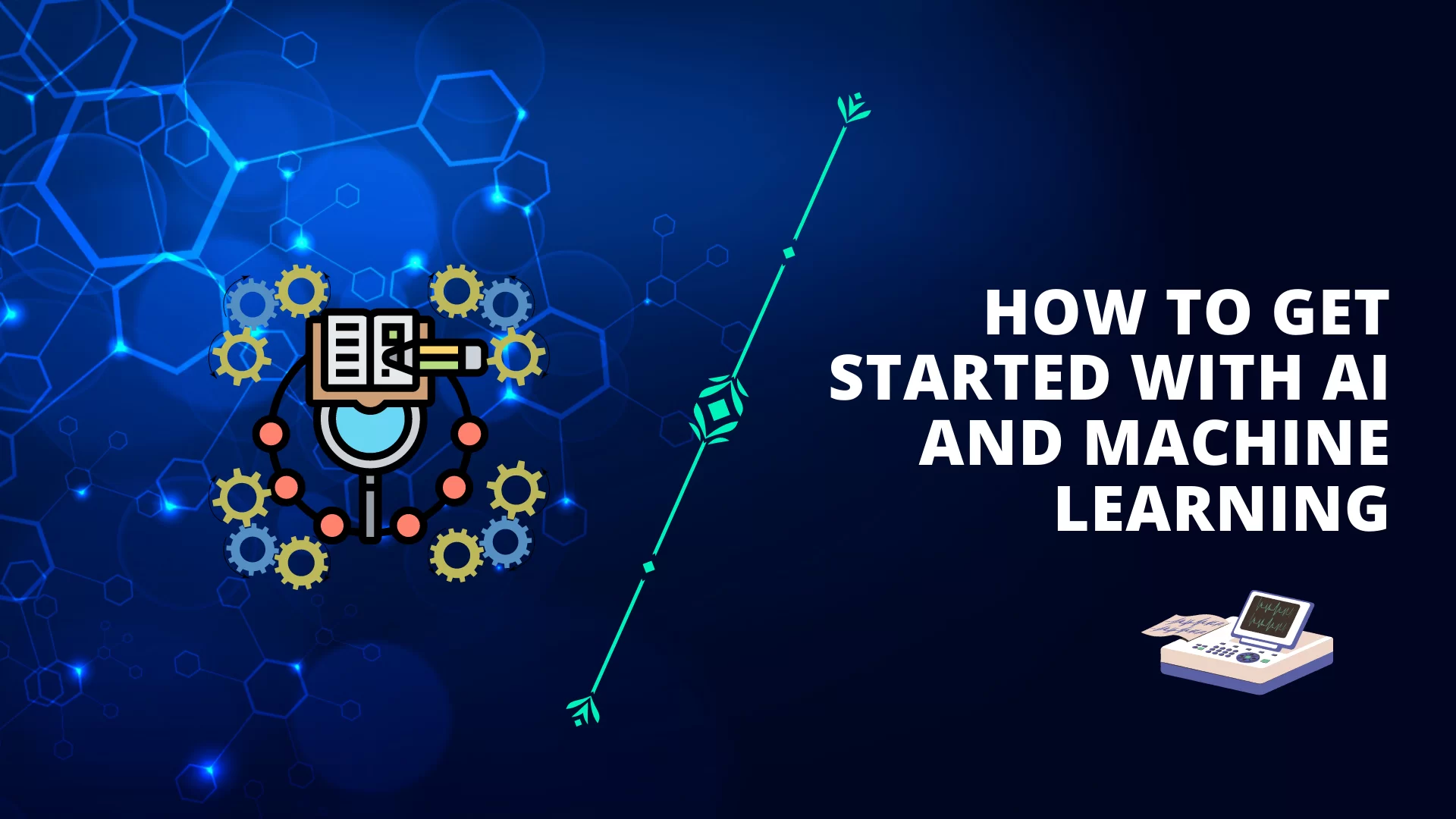


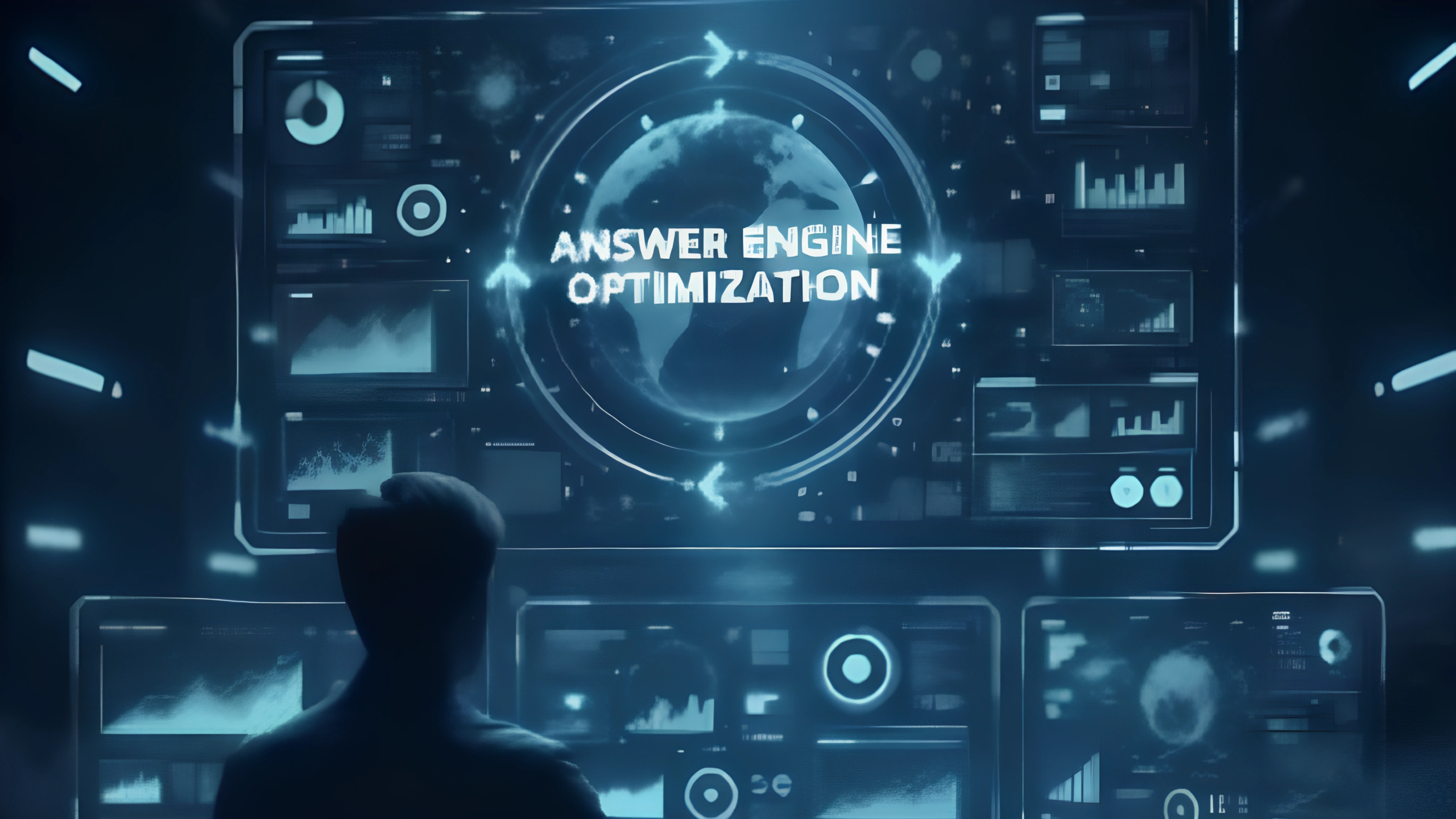

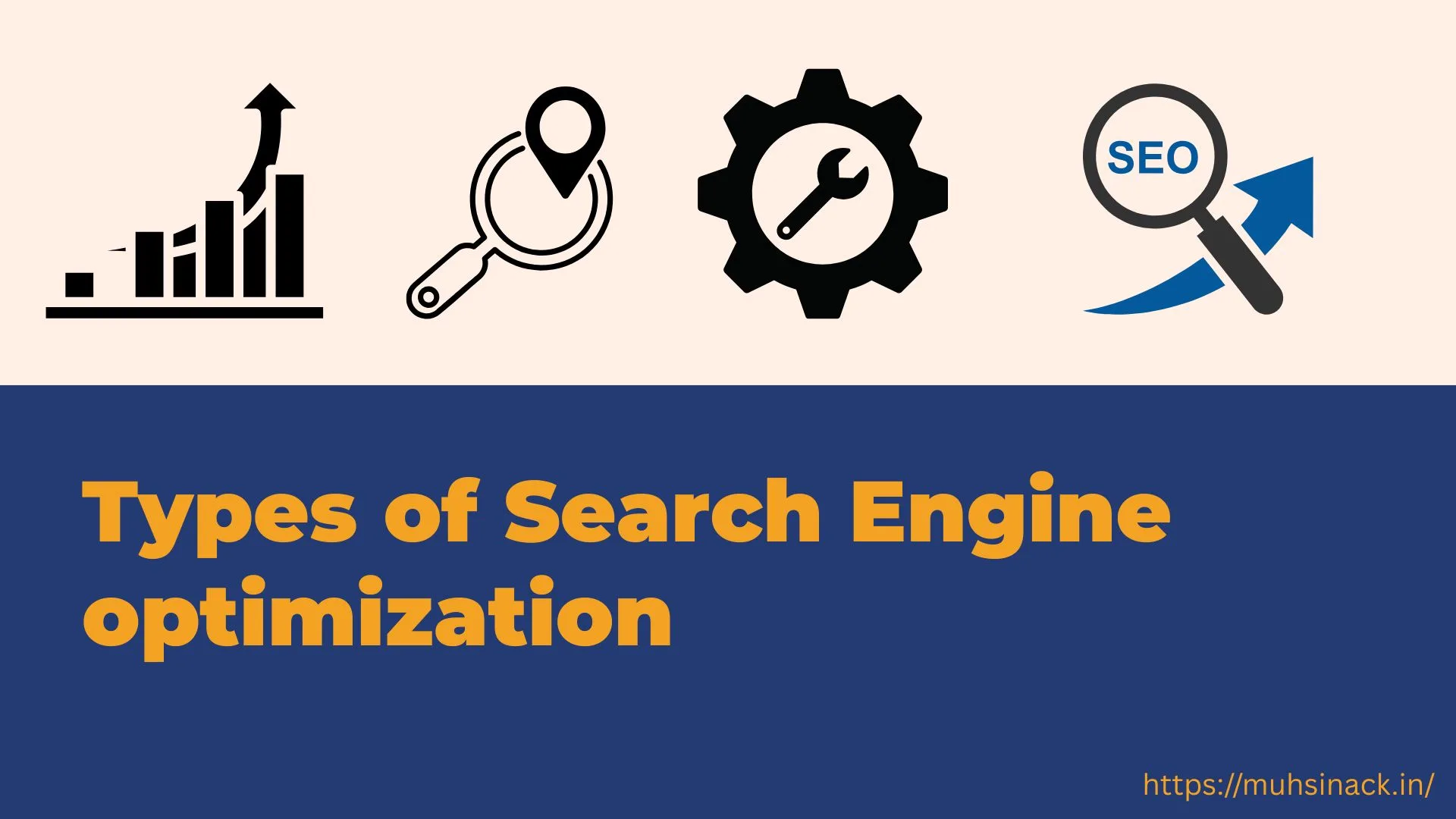
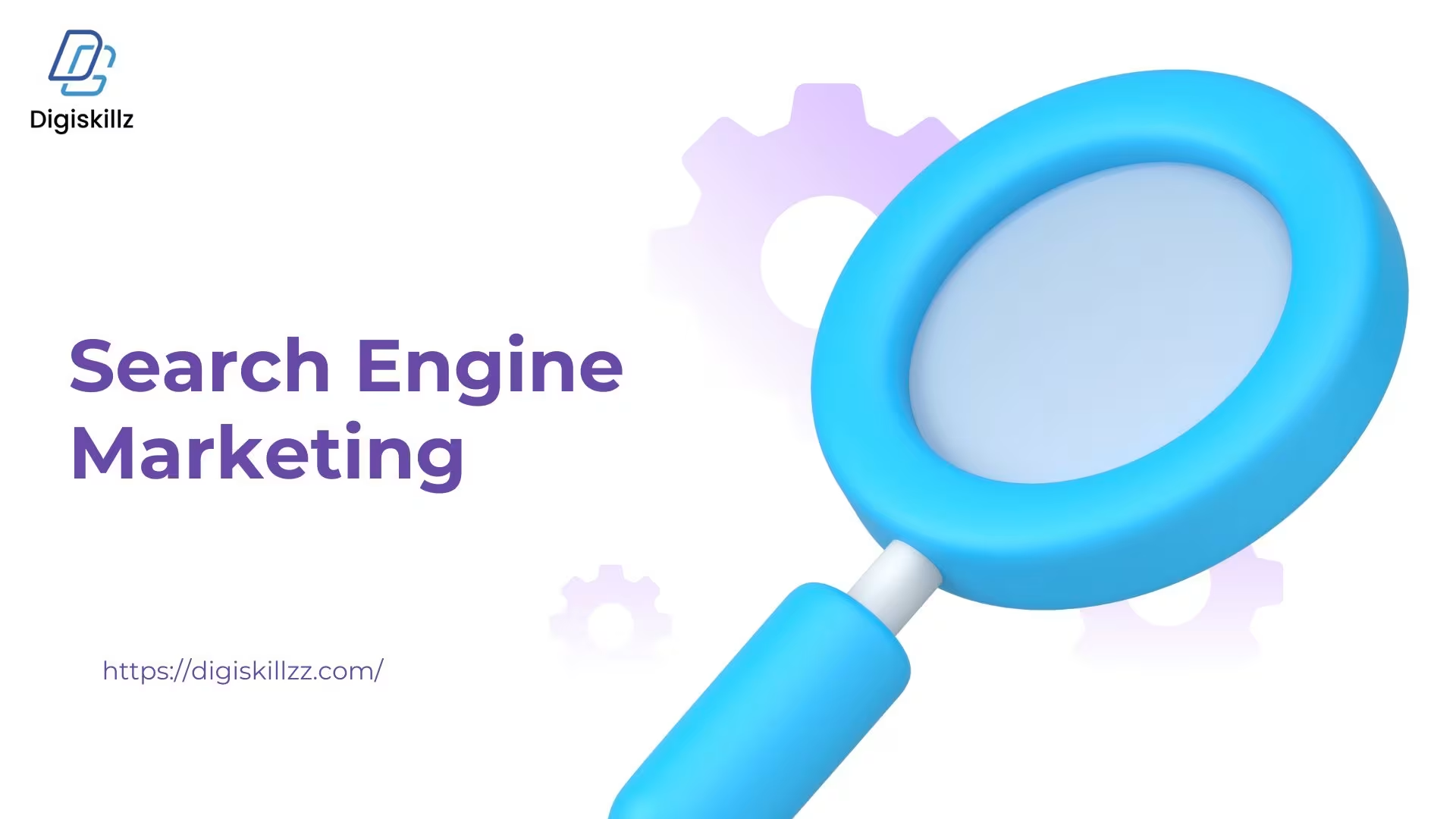

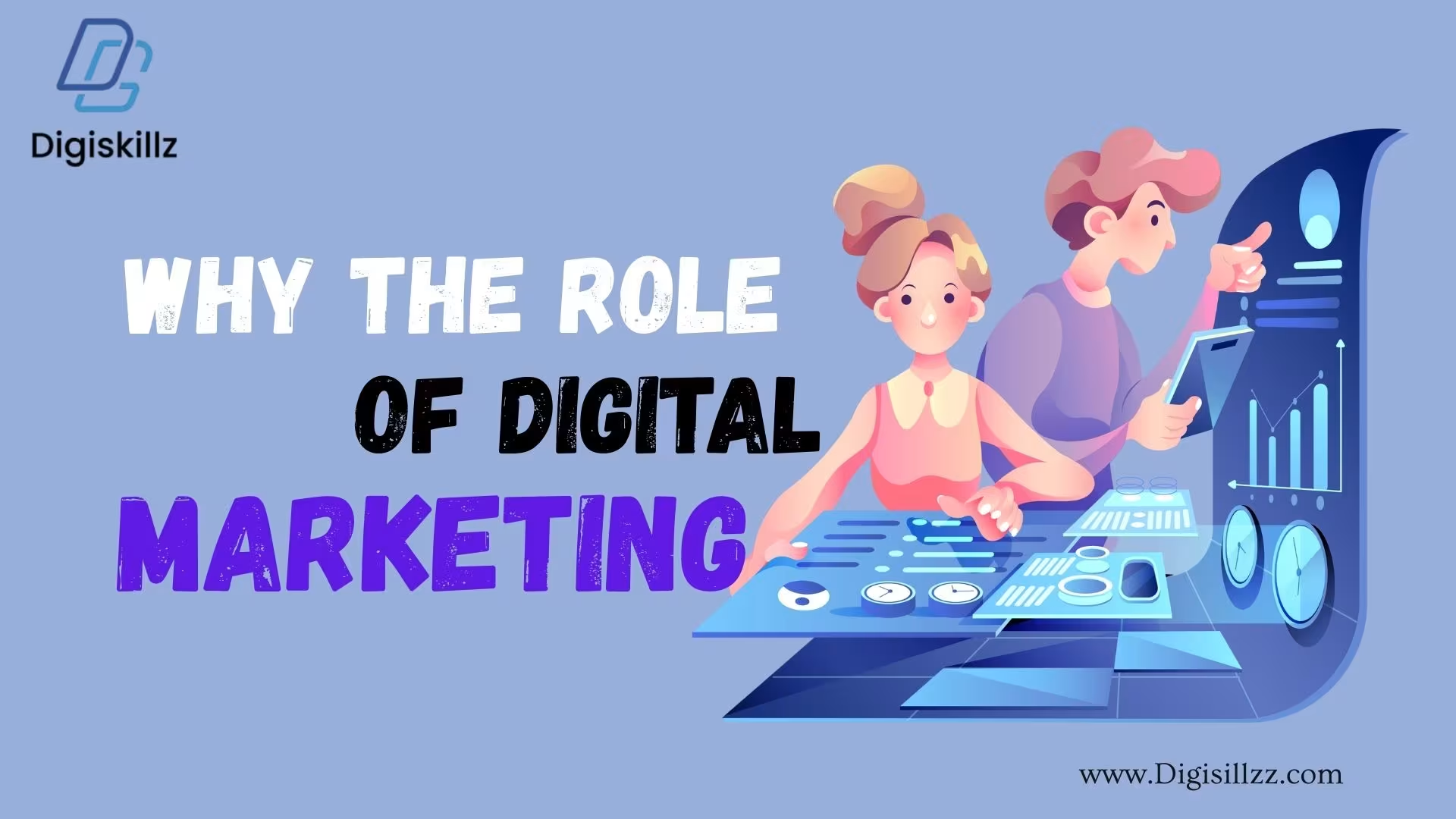
Leave A Comment